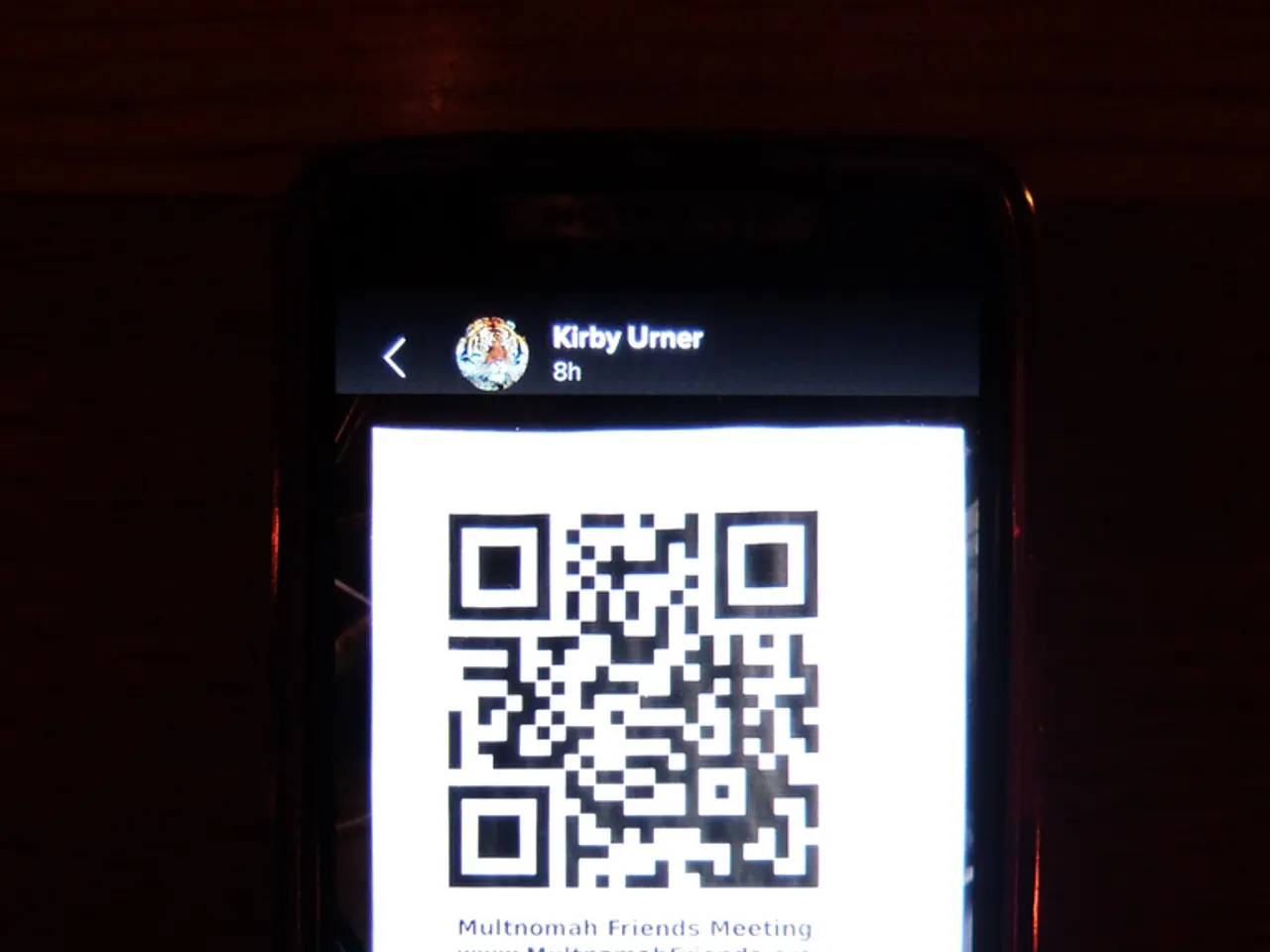Digital Payments in Africa Bypass Bank Cards, Embracing This Shift
Revolutionizing Payment Systems in Sub-Saharan Africa: The Rise of Fintech
The fintech landscape in Sub-Saharan Africa is undergoing a significant transformation, creating inclusive and accessible financial services that bypass traditional banking infrastructure, particularly benefiting rural areas where bank presence is limited.
At the heart of this revolution are technologies like QR codes, prepaid vouchers, and POS machines. These innovations leverage the high mobile phone penetration and a largely unbanked population to facilitate faster, cheaper, and more reliable payment solutions.
One such fintech player is Kazang, a company that operates through over 150,000 informal vendors across Southern Africa. Kazang's POS devices enable vendors to sell digital products instantly, manage balances and inventory in real time, and accept card or mobile money payments, even without constant internet access.
QR codes are a cornerstone of this revolution. In rural shops, customers can scan printed QR codes to pay bills or top up wallets, bypassing the need for physical cards or sophisticated devices. This method suits informal markets where 85% of retail transactions occur and banking infrastructure is sparse.
Prepaid vouchers serve as an alternative for users without smartphones or internet access. These vouchers allow people to buy and load funds into mobile wallets, enabling them to participate in digital transactions without direct bank interaction.
POS machines, which can operate offline for transactions, empower vendors in rural and informal areas to accept digital payments reliably. These devices link to mobile money wallets or local payment systems, making cashless transactions possible even without constant internet access.
The fintech ecosystem extends beyond these tools, incorporating digital wallets, neobanks, and cryptocurrency solutions such as stablecoins to further reduce costs and expedite cross-border payments. Kenya, Nigeria, and other nations are expanding these infrastructures, integrating regulatory frameworks to build trust and interoperability.
In a nutshell, the fintech transformation in Sub-Saharan Africa's payment systems, particularly in rural areas, hinges on accessible, low-cost, and offline-capable technologies like QR codes, prepaid vouchers, and POS machines. These tools empower people previously excluded from the formal financial system to transact seamlessly and contribute to a rapidly growing digital economy.
Africa's iGaming market is expected to reach $3.5 billion by 2027, and financial access in Africa doesn't require a card swipe or a banking app. In rural areas of Tanzania and Zambia, betting vouchers can be purchased at spaza shops. People trust and rely on these vendors for financial access, making them crucial players in the fintech revolution.
References:
[1] World Bank Group. (2021). Digital Financial Services: Trends, Challenges, and Opportunities in Sub-Saharan Africa.
[2] McKinsey & Company. (2020). The future of fintech in Africa: A new era of digital financial services.
[3] Consultative Group to Assist the Poor (CGAP). (2021). Navigating the Future of Digital Financial Services in Africa.
[4] African Development Bank Group. (2021). Fintech in Africa: Harnessing Technology for Financial Inclusion.
Digital inclusion in Sub-Saharan Africa's fintech landscape is significantly aided by technologies like mobile money, which allows people, even those without smartphones or internet access, to participate in digital transactions through prepaid vouchers. In sports betting, vouchers sold at local spaza shops in rural areas of countries like Tanzania and Zambia are contributing to the expansion of Africa's iGaming market. The technology empowering these transactions is often POS machines, which can operate offline for transactions, connecting rural vendors to digital payment systems. This fintech revolution and its subsequent positive impact on lifestyle and business are revolutionizing the payment systems in Sub-Saharan Africa, fostering a rapidly growing digital economy.




